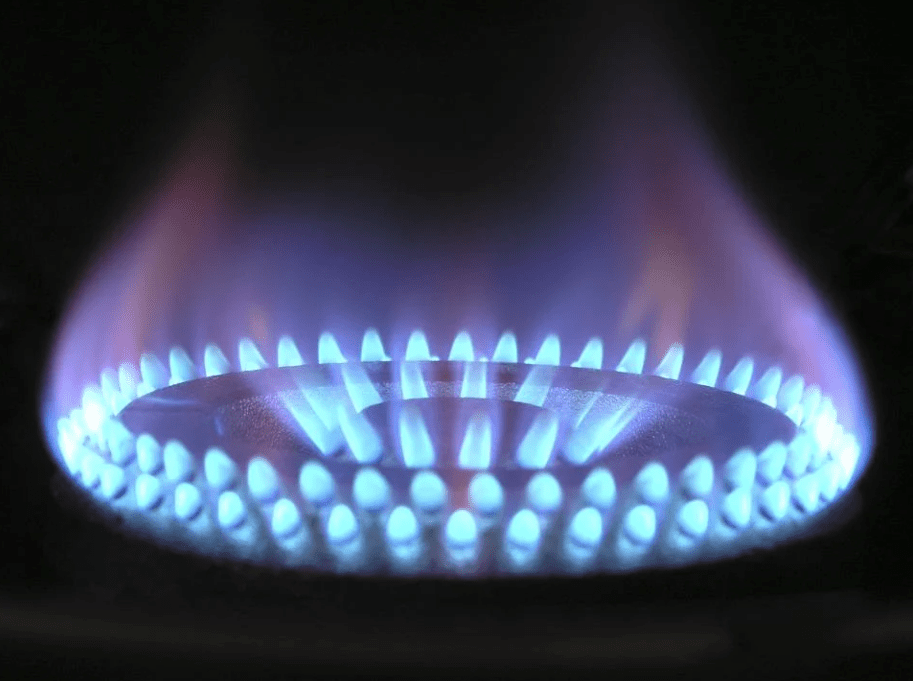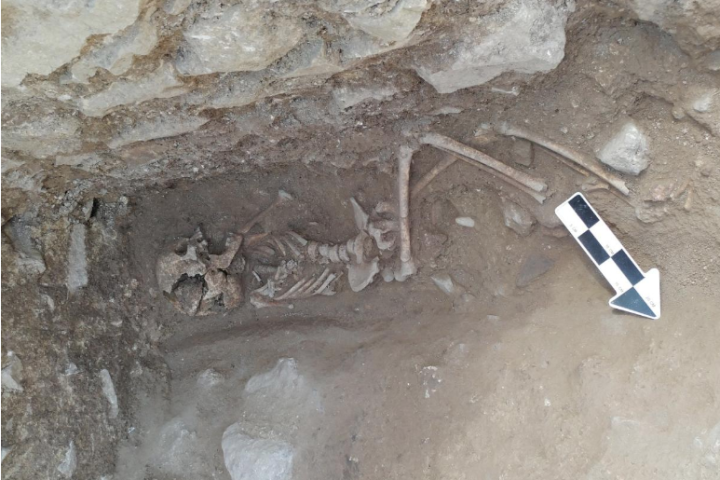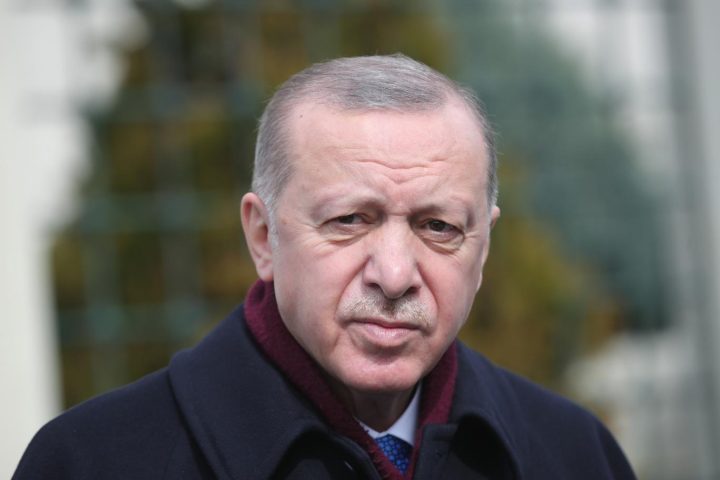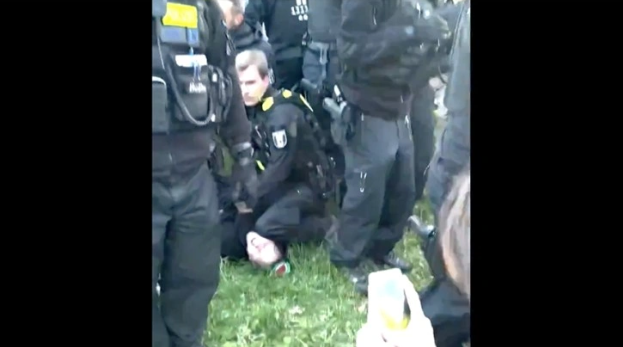Even though gas is flowing through the Nord Stream 1 pipeline again – the uncertainty as to whether Germany will get through the winter without bottlenecks remains. The Federal Network Agency is now calling for even more attention to be paid to consumption. The efforts made so far, it says, are still not enough.
source website n-tv.de: The Federal Network Agency is calling on consumers to save even more gas. So far this year, consumption is 14 percent lower than in the same period last year, said Klaus Müller, president of the Federal Network Agency. “But I need to get towards 20 percent, there needs to be a step up.”
He pointed out that most of the savings had been due to the relatively mild weather this year – mainly as a result of which heating systems did not run as much as last year. If, on the other hand, the weather had remained the same as in 2021, it would have been only five percent.
- Proposed $350 million judgment in the T-Mobile breach lawsuits
- In the Ukraine’s Donbas, two Americans have died, according to the State Department.
- At a campaign event in Arizona, Trump denounces the Jan. 6 hearings as a “hoax,” as Pence makes a rival presentation.
On Thursday, German Economics Minister Robert Habeck presented an energy-saving package that also places greater responsibility on private households and prescribes mandatory “heating checks”. In addition, energy consumption in public buildings and companies is to be reduced and the levels in German gas storage facilities are to be increased.
Price development depends on citizens
The package creates “important foundations for avoiding an emergency stage this winter, also through savings,” Müller said. “To do this, we need to fill gas storage facilities more, reduce natural gas consumption and organize further natural gas supplies from other countries.” The emergency stage is the third and final stage of the Gas Emergency Plan. Industrial companies would then no longer be able to buy as much gas as they wanted, but would have to rely on allocations from the network agency. Exactly one month ago, the German government had declared the second stage of the plan, the alert stage.
On Friday, Chancellor Olaf Scholz had announced the state’s entry into the troubled gas importer Uniper, and in the process also launched a pay-as-you-go system that is to take effect either from September or October. It is intended to compensate for a large part of the additional costs that have arisen as a result of restricted gas supplies from Russia and the resulting increase in prices. All gas customers are to pay the levy. The levy is in addition to market-driven price increases that will gradually reach consumers.
On the price development, Müller said, “If I now look at what development there was with the start of the war, then I’m purely arithmetically at a tripling compared to before that time.” But how the price will develop in the future also depends on all citizens and companies, he said. “The more Germany succeeds in reducing private and industrial gas consumption, the sooner we have a chance of coming down from this insane price level,” Müller said. “We can only do that by reducing consumption properly – it’s in our hands to do that.”
No all-clear
The crucial question, he said, is how to get the necessary social support when it comes to saving energy. “I want to come clean with people and say, ‘Prices are tough,'” Mueller said. “Even if you don’t care that much about solidarity with the industry, do everything you can to reduce your costs that are coming your way.” The core message, he said, is that everyone can do something. “At least in the ways that I can as a renter or as a homeowner,” he said. “Anything you can do, you have to do now because it will have an effect.” Russia has been delivering gas through the Nord Stream 1 Baltic Sea pipeline again since Thursday after maintenance, but much less than technically possible. According to the head of the authority, the uncertainty about whether Russia will continue to supply gas will continue. There is no all-clear, he said.
Müller also stressed that it was by no means just a question of the winter of 2022/23, but that the following winter also had to be considered. It would be “no use at all if we were to push the storage facilities down so far that we didn’t have to shut them down this winter, but we would almost inevitably run into a shortage in the winter of 23/24”.





